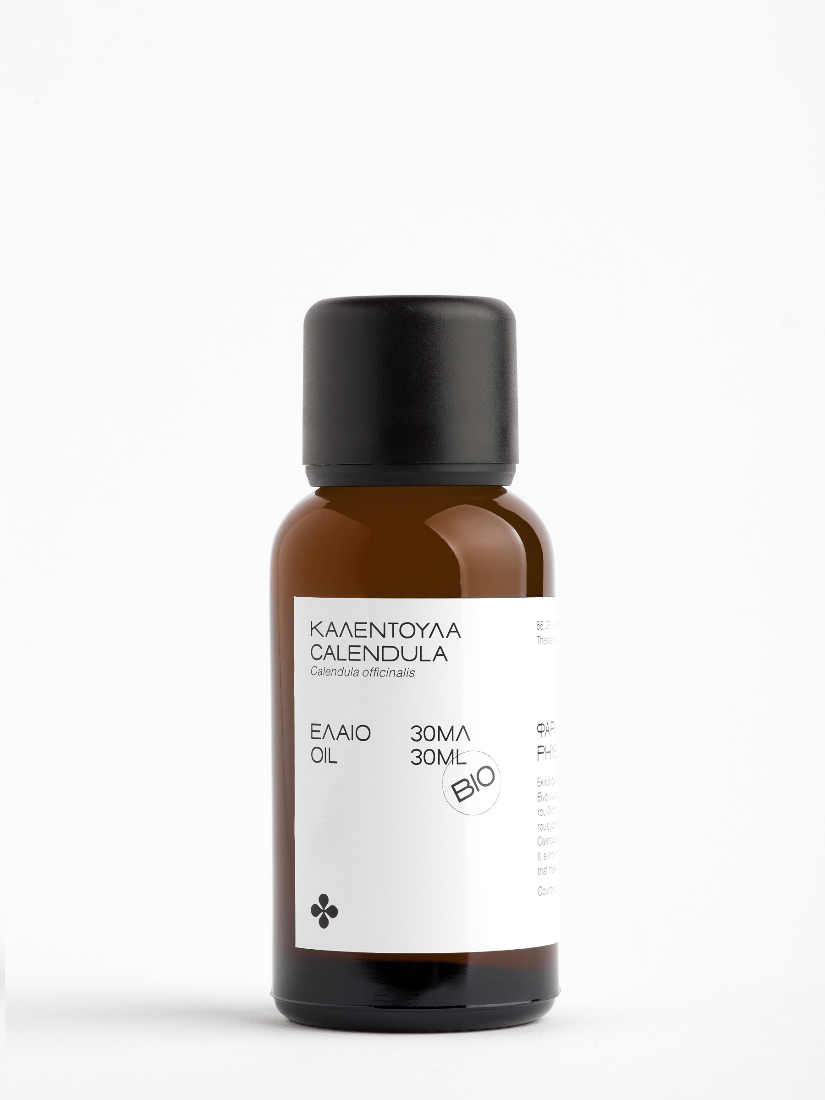Della Loggia, Roberto, et al. “The role of triterpenoids in the topical anti-inflammatory activity of Calendula officinalis flowers.” Planta medica 60.06 (1994): 516-520.
Zitterl-Eglseer, K., et al. “Anti-oedematous activities of the main triterpenoid esters of marigold (Calendula officinalis L.).” Journal of ethnopharmacology 57.2 (1997): 139-144.
Muley, B. P., S. S. Khadabadi, and N. B. Banarase. “Phytochemical constituents and pharmacological activities of Calendula officinalis Linn (Asteraceae): a review.” Tropical Journal of Pharmaceutical Research 8.5 (2009).


